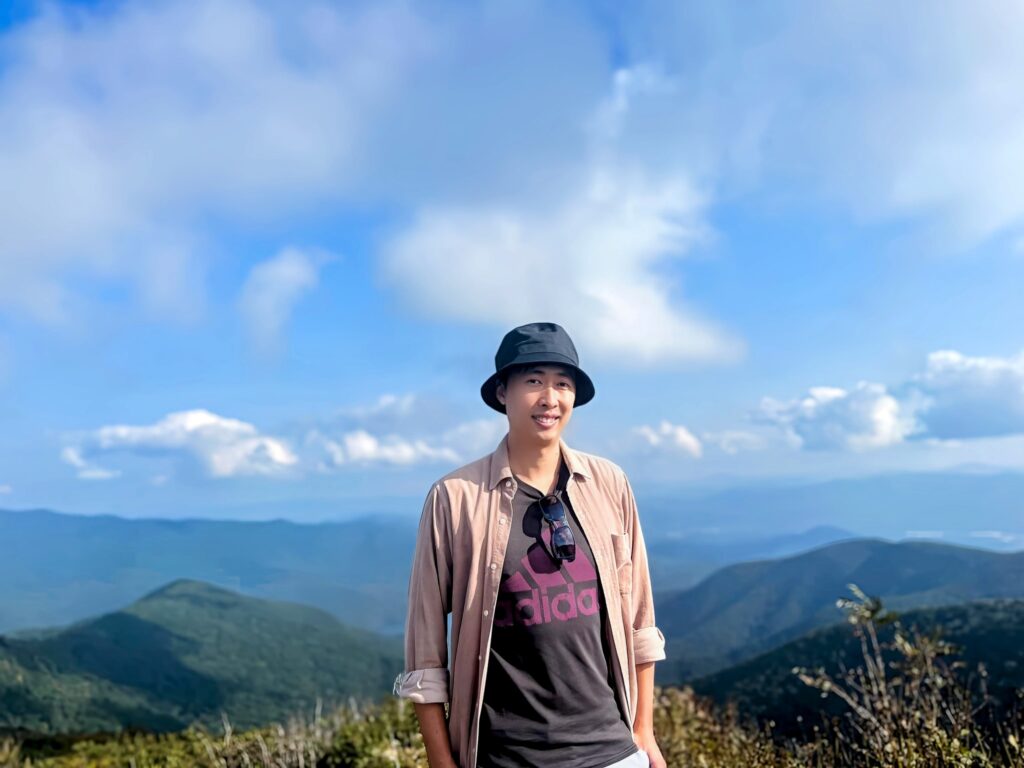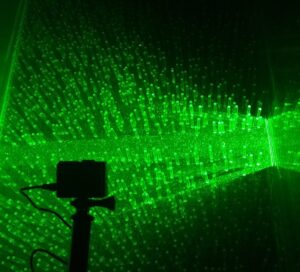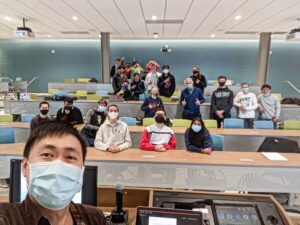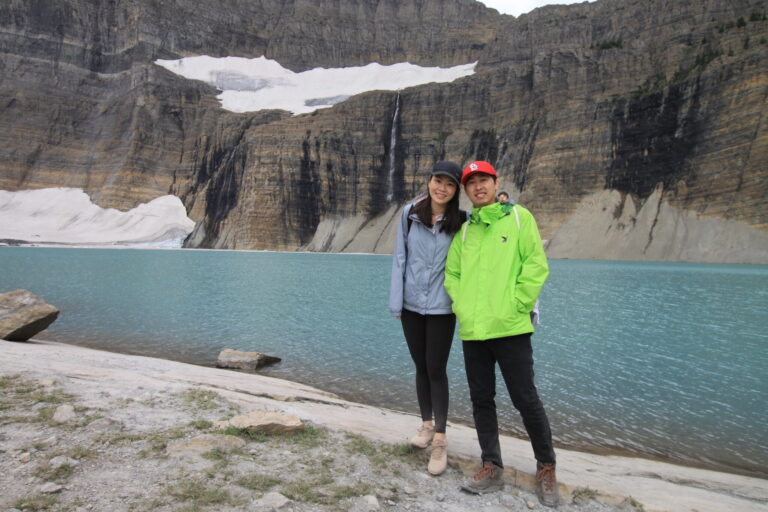
The longstanding collaborative reputation of the Civil and Environmental Engineering department brought new Assistant Professor Chien-Yung Tseng to Colorado State University this year. He joined the department in February, eager to continue his research on environmental fluid mechanics and return to the classroom.
After earning his PhD from the University of Illinois at Urbana-Champaign, Tseng served as a Postdoctoral Research Associate at Oak Ridge National Laboratory in Tennessee. He came to CSU largely for the long tradition of water resource engineering and hydraulics in the department, and also for the strong collaborations with colleges across campus.
“We have many amazing faculty focused on various hydrology and hydraulic projects including sediment transport and hydraulic modeling,” said Tseng. “With my academic background, this is also a great place for collaborative research with natural resources and agriculture.”
Partnering for cross-disciplinary learning

Tseng investigates the interactions between environmental water flows and aquatic ecosystems. He plans to conduct experiments on how the turbulence of water impacts sediment transport and water quality in an ecosystem. He’ll also look at how changes in water flow affect the propagation of different species of fish.
While earning his PhD, Tseng participated in a research project using river flows to naturally control the growth rate of the invasive Asian Carp species, which wreaks havoc on ecosystems in the United States.
“River flow can be used to reduce the fertility of invasive species but also to restore and preserve the native species,” said Tseng. “For example, placing a rock in a stream will generate a different flow structure that may inhibit the invasive species yet be ideal for the native species.”
Tseng is already an expert in environmental fluid mechanics, yet he looks forward to learning more.
“Using a cross-disciplinary approach, engineers can learn from biologists and fish ecologists, and we can teach them the impact of fluid mechanics,” said Tseng.
Lasting childhood influences
Growing up in Taiwan, Tseng was introduced to the need for engineering when the major river running through his city flooded causing extensive damage.
“The government designed a floodway that was a great improvement, and I realized how important hydraulic engineering was,” said Tseng. “Not only can it prevent disasters, but it can save lives and homes.”
Tseng developed a fascination with astronomy and cosmology during his frequent trips to science museums as a child, and he even pursued astronomy and physics in high school and into his undergraduate program. He realized he was more interested in creating solutions for daily life on Earth while sitting in a general relativity class discussing cosmic events across millions of years.
As an undergraduate, Tseng participated in an international volunteer group, spending 43 days in western Africa establishing a computer resources classroom for the local school. The group provided the hardware and trained the teachers to use the software. The lack of water resources in one community left a lasting impact on Tseng.
“We had to travel up to 15 minutes to the nearest well for water we would carry back in buckets,” said Tseng. “That lack of access to water influenced me to eventually study water resources.”
Teaching more than the curriculum

Tseng views the role of a faculty member as more than professional and academic instruction, but also a duty to share experiences and help students discover their potential.
“I want my students to understand not everyone has the opportunities we have, so you can always think about how to contribute to society,” said Tseng. “I am fortunate to have a diverse academic background, and I want to share my experience with students, listen to their voice, and provide input.”
He also sees a key role of faculty as motivating students to push their own boundaries to have greater experiences.
“I want students to use their time at CSU to explore as much as they can,” said Tseng. “Be brave to make changes.”
